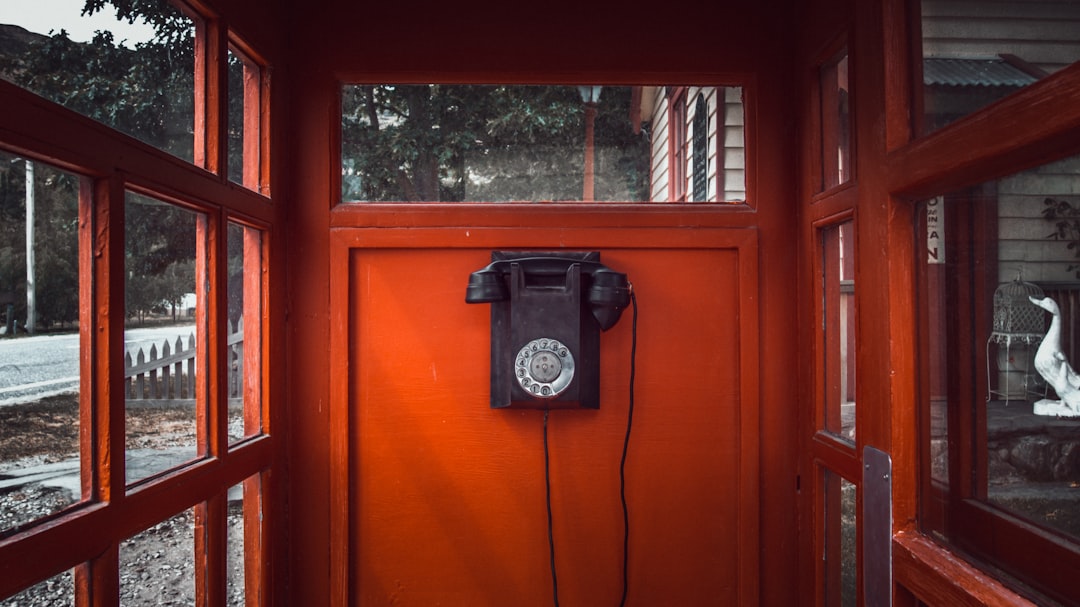In Illinois, both federal and state laws, including the FDCPA and the Illinois Debt Collection Act, protect consumers from abusive debt collection practices. Individuals facing debt pursuits or debt collectors seeking guidance should consult with specialized debt collector lawyers or attorneys. These professionals help clients understand their rights under Do Not Call laws, ensure compliance with the state's Spam Call law, and advocate for fair treatment throughout debt resolution processes. Key search terms: debt collector Lawyer Illinois, debt collector Attorney Illinois, spam call law firm Illinois, debt collector laws Illinois.
In Illinois, understanding debt collection regulations is crucial for both debtors and creditors. This comprehensive guide clarifies the complex web of laws governing debt collectors in the state. From your rights as a debtor to the Do-Not-Call list and legal actions against abusive debt collection practices, we demystify these regulations. Additionally, we debunk common misconceptions to empower Illinois residents with knowledge. If you need guidance from a debt collector lawyer or firm in Illinois, our article offers insights to protect your rights under the state’s strict spam call laws.
Understanding Debt Collection Laws in Illinois: A Comprehensive Overview

In Illinois, debt collection regulations are governed by a blend of state and federal laws designed to protect consumers from abusive or unfair practices. Understanding these rules is crucial for both debt collectors and individuals being pursued for debts. Key pieces of legislation include the Fair Debt Collection Practices Act (FDCPA), which sets national standards for ethical collection behavior, and Illinois-specific laws that enhance consumer protections.
Debt collector lawyers and attorneys in Illinois play a vital role in navigating this complex legal landscape. They assist clients in understanding their rights under the Do Not Call laws and help ensure compliance with the state’s Spam Call law. By consulting with a debt collector lawyer in Illinois, individuals can protect themselves from unlawful collection tactics and advocate for fair treatment throughout the debt resolution process.
Your Rights as a Debtor: What to Expect from Debt Collectors

When facing debt collection efforts in Illinois, it’s crucial to understand your rights as a debtor. Federal and state laws protect consumers from abusive or unfair practices by debt collectors. In Illinois, debt collector lawyers or attorneys are bound by strict regulations outlined in the Illinois Debt Collection Act. This legislation ensures that debt collectors treat you with fairness and respect while providing clear guidelines on communication methods, fees, and the overall process.
As a debtor, you can expect debt collection agencies to follow specific rules when contacting you. They must identify themselves and provide validation of the debt they are attempting to collect. Illinois law also restricts the time and frequency of contact, prohibiting spam calls or excessive messaging. If you feel your rights have been violated, consulting with a debt collector lawyer in Illinois is advisable. These legal professionals can guide you through your options, ensure your rights are protected, and help navigate the complex landscape of debt collection laws in the state.
The Do-Not-Call List and How It Protects Illinois Residents

In an effort to protect residents from aggressive and unwanted debt collection practices, Illinois has implemented a Do-Not-Call List (DNCL). This list is a powerful tool that allows individuals to opt-out of receiving phone calls from debt collectors. The DNCL is similar to the National Do-Not-Call Registry but offers enhanced protections for Illinois citizens. By registering their phone numbers on this list, residents can prevent debt collection agencies and lawyers specializing in debt collection (debt collector attorneys Illinois) from making unsolicited calls, ensuring a more peaceful and less intrusive experience when dealing with financial obligations.
The law firm specializing in spam call laws in Illinois plays a significant role in upholding these regulations. Debt collector lawyers in Illinois are bound by strict guidelines regarding communication methods, including the frequency and tone of calls, as well as the disclosure of the collector’s identity. These attorneys help navigate the intricate debt collection laws, ensuring that collectors adhere to the DNCL and other debt collection regulations, thereby providing a measure of relief for those burdened by debt while also maintaining a fair and transparent process for resolving financial disputes.
Legal Actions Against Debt Collectors: When and How to Seek Help

In Illinois, there are strict regulations in place to protect consumers from aggressive or unfair debt collection practices. If you believe a debt collector has violated these laws, you have legal recourse. The Fair Debt Collection Practices Act (FDCPA) prohibits debt collectors from engaging in abusive, misleading, or deceptive acts when trying to collect a debt. This includes using obscene language, threatening violence, or making false statements about the amount owed. If a debt collector harasses you with relentless calls, uses false information, or fails to validate your debt, it’s time to take action.
Seeking legal assistance from a qualified debt collector lawyer in Illinois is a crucial step. They can guide you through the complex laws and help you understand your rights. A debt collector attorney can also file a lawsuit against the collector on your behalf if necessary, seeking damages for any emotional distress or financial harm caused by their actions. Additionally, firms specializing in spam call law can provide expert advice and represent you under Illinois’ strict Do Not Call laws. Don’t hesitate to reach out to reputable debt collector lawyers in Illinois to protect yourself from unfair collection tactics.
Common Misconceptions About Debt Collection Regulations in IL

Many people in Illinois hold misconceptions about how debt collection regulations work, often due to misinformation or a lack of understanding. One common belief is that all debt collectors must adhere to strict rules, but this isn’t entirely accurate. While certain laws protect consumers from aggressive or unfair practices, debt collectors still have legal leeway to collect debts effectively. For instance, while there are restrictions on when and how they can contact you—like the Do Not Call law—debt collectors can use various methods, including phone calls, emails, and even regular mail.
Another misconception is that hiring a debt collector lawyer or an attorney specializing in debt collection laws in Illinois automatically stops all communication. This isn’t the case; instead, legal representation can guide both parties toward resolving the issue more amicably. Debt collectors often prefer to avoid lengthy legal battles, and having a professional on your side can help negotiate a settlement or establish clear terms for repayment. Remember, understanding these regulations is key to protecting your rights as a consumer in Illinois. Consider consulting with a qualified debt collector lawyer or law firm specializing in debt collection laws if you have concerns or need clarification.






